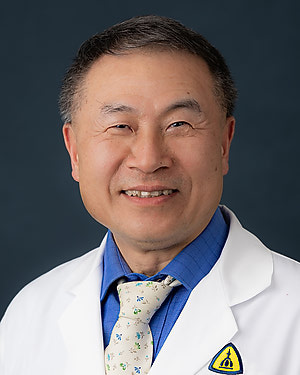Research Lab Results
-
Colleen Christmas Lab
The Colleen Christmas Lab studies geriatric medicine, with a focus on geriatric education, interventions to reduce inappropriate nursing home citations by state surveyors, nutrition and fall prevention for geriatric patients, and perioperative geriatric care.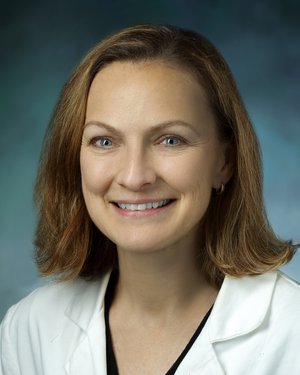
-
Bruce Leff Lab
Research interests in the Bruce Leff Lab include home hospital, guided care, medical education and long-term care.
-
Danelle O. Cayea Lab
Researchers in the Danelle O. Cayea Lab develop and evaluate curriculum that teaches the care of older adults to residents and medical students. Our work includes older adults with complex heath issues who receive care in hospital and ambulatory environments.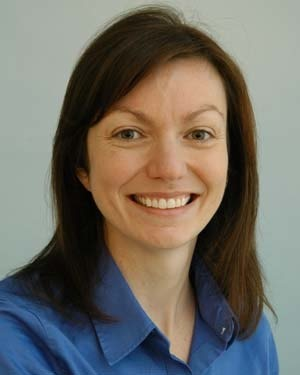
-
Qian-Li Xue Lab
The primary area of statistical expertise in the Qian-Li Xue Lab is the development and application of statistical methods for: (1) handling the truncation of information on underlying or unobservable outcomes (e.g., disability) as a result of screening, (2) missing data, including outcome (e.g., frailty) censoring by a competing risk (e.g., mortality) and (3) trajectory analysis of multivariate outcomes. Other areas of methodologic research interests include multivariate, latent variable models. In Women's Health and Aging Studies, we have closely collaborated with scientific investigators on the design and analysis of longitudinal data relating biomarkers of inflammation, hormonal dysregulation and micronutrient deficiencies to the development and progression of frailty and disability, as well as characterizing the natural history of change in cognitive and physical function over time.
-
Frederick Sieber Lab
The Frederick Sieber Lab studies the impact of sedation on geriatric surgical patients—especially those undergoing orthopaedic or pelvic procedures—with the goal of preventing postoperative delirium. We are using electroencephalography to investigate the effect of sedation depth during spinal anesthesia. We are also working to determine the effects of using propofol for sedation in elderly patients as well as the effects of robotics and surgical positioning on cerebral blood flow. -
Michelle Belantoni Lab
Research interests in the Michelle Belantoni Lab include osteoporosis screening using heel ultrasonography and quality outcomes in post-acute care settings.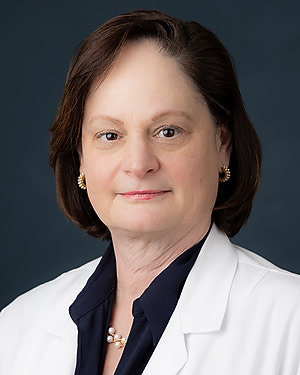
-
Matthew McNabney Lab
Research interests in the Matthew McNabney Lab include community-based long-term care.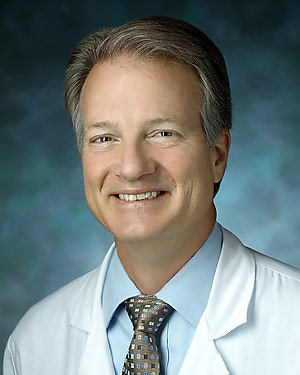
-
Samuel Durso Lab
The Samuel Durso Lab researches effective education models for preparing the next generation of geriatric educators. Specifically, we have developed and evaluated the ""Train the Trainer"" program to prepare faculty to teach geriatric medicine.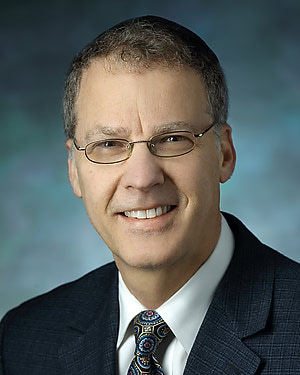
-
Sevil Yasar Lab
Research areas in the Sevil Yasar Lab include dementia, cognitive decline, hydrocephalus and pharmacoepidemiology. Recently, we studied the ability of fatty acid amide hydrolase (FAAH) inhibitors to block the rewarding effects of nicotine in squirrel monkeys.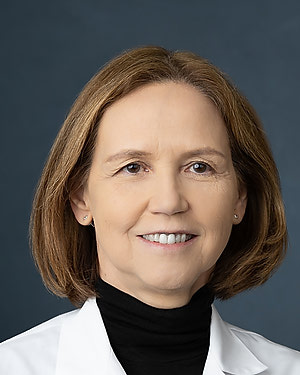
-
Sean Leng Lab
The Sean Leng Lab studies the biology of healthy aging. Specific projects focus on chronic inflammation in late-life decline; immunosenescence and its relationship to the basic biological and physiological changes related to aging and frailty in the human immune system; and T-cell repertoire analysis.